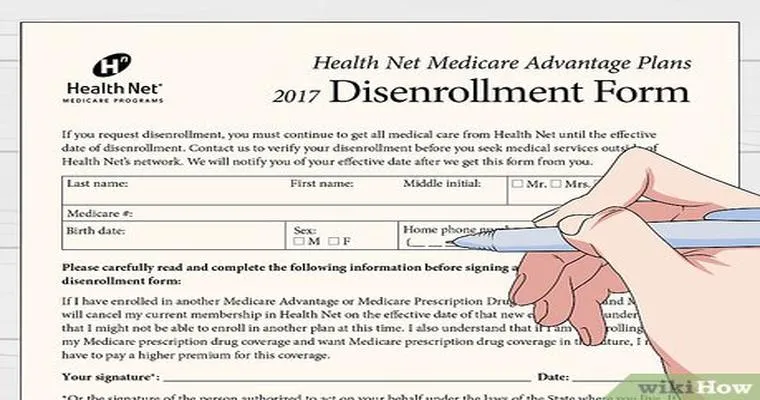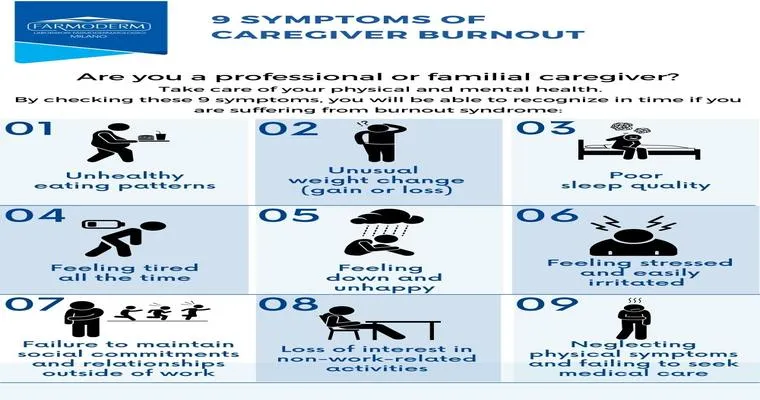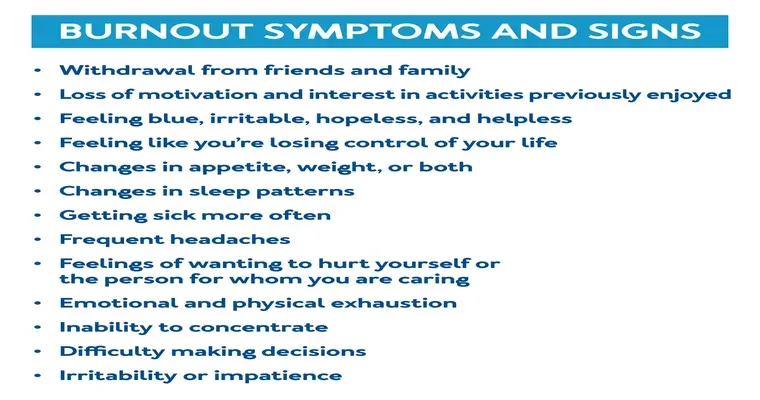If you have recently discovered that your "Medicaid" coverage has been "terminated" without any prior "notification", you might be feeling overwhelmed and uncertain about your next steps. Understanding the complexities of Medicaid can be challenging, especially when it comes to issues like unexpected terminations. This article aims to provide you with clear advice and steps to take in order to address this situation.
First and foremost, it's essential to understand why your "Medicaid" coverage might have been terminated. Common reasons include changes in income, failure to respond to renewal requests, or not meeting eligibility requirements. If you did not receive any notification, it's possible that the communication was sent to an old address or that there was a clerical error.
Here are some steps you can take if you find yourself in this situation:
1. "Contact Your Local Medicaid Office": The first step is to reach out to your local Medicaid office or the agency that handles Medicaid in your state. They can provide you with specific information regarding your case and the reason for your termination. Make sure to have any relevant personal information on hand, such as your case number and identification.
2. "Request a Fair Hearing": If you disagree with the termination of your "Medicaid" benefits, you have the right to request a fair hearing. This process allows you to present your case and potentially have your benefits reinstated. In many states, you have a limited time frame in which to request this hearing, so be sure to act quickly.
3. "Gather Documentation": Collect any documentation that supports your claim for reinstatement. This may include proof of income, residency, or any correspondence you may have received from the Medicaid office. Having thorough documentation can strengthen your case during the hearing.
4. "Reapply for Benefits": If it appears that your termination was legitimate and you no longer qualify for your previous benefits, consider reapplying for "Medicaid". Changes in your financial situation or household size might make you eligible again. Be sure to check the eligibility requirements in your state.
5. "Seek Assistance": Navigating the Medicaid system can be complicated, so it may be beneficial to seek assistance from local advocacy groups or legal aid organizations. These groups can provide guidance, help you understand your rights, and assist with the appeals process if necessary.
6. "Stay Informed": To avoid future issues, keep yourself informed about the eligibility requirements and renewal process for "Medicaid" in your state. Understanding when and how to renew your benefits can prevent unexpected terminations in the future.
7. "Document Everything": Keep detailed records of all communications with Medicaid, including dates, times, and the names of representatives you speak with. This documentation may be useful if you need to escalate the issue or contest the termination.
In conclusion, while having your "Medicaid" coverage terminated without notification can be distressing, there are steps you can take to address the situation. By contacting your local Medicaid office, gathering necessary documentation, and seeking assistance, you can navigate this challenging process. Remember, knowledge is power, and staying informed will help you maintain your "Medicaid" coverage and ensure you receive the healthcare services you need.





